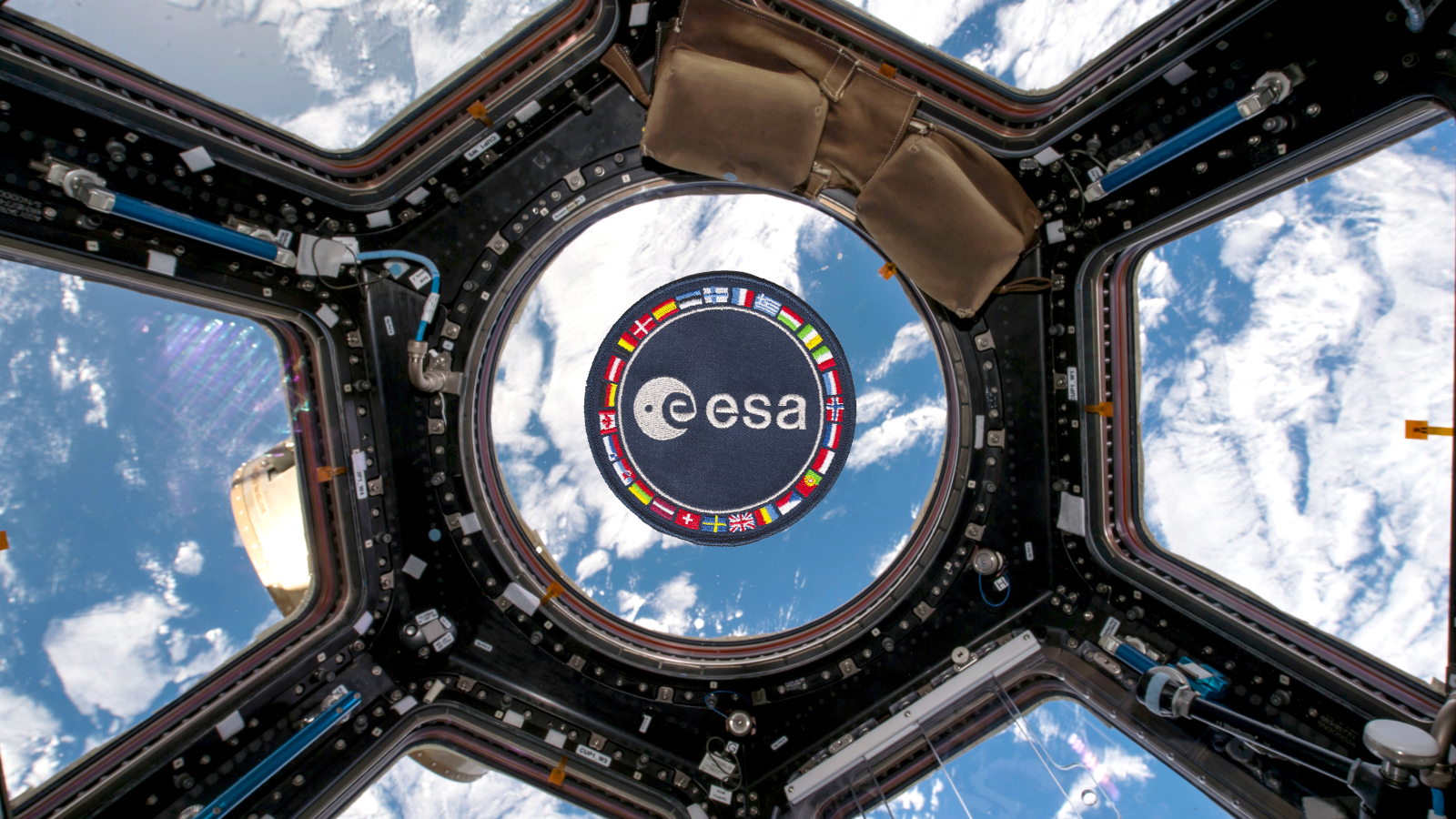DeepBio’s AI Solutions Draw Interest from European Tech Minister

DeepBio, a trailblazer in medical AI, shines in the global spotlight as Estonia’s Minister of Economy and Communications endorses its cutting-edge digital pathology solutions. In Seoul’s Guro Digital Complex, a significant meeting took place—a testament to innovative progress. The Minister of Economy and Communications from Estonia, known for being a gateway to Europe, took a special interest in visiting DeepBio, a leading player in the medical AI industry.
DeepBio’s CEO, Kim Sun-woo, detailed the motivation behind the visit, noting how the company’s participation in international digital pathology conferences and consistent recognition of their technology brought attention. The Estonian minister’s visit provided another layer of validation for DeepBio’s competitive strength on the world stage.
The company has demonstrated its capabilities prominently in ‘CAMELYON17,’ a global AI contest focusing on the detection of metastasis in breast cancer lymph nodes. Since 2019, DeepBio’s artificial intelligence software for analyzing sentinel lymph node biopsy slides (DeepDx Breast-SLNB) has maintained a top position at this event.
Insightfully, DeepBio’s approach differs from other medical AI companies. While most focus on diagnosing possible conditions through medical imaging, DeepBio utilizes pathology to directly analyze cells obtained via biopsy, confirming cancer presence. As the first company to introduce AI in pathology in Korea, DeepBio has evolved from initial trials to developing ‘DeepDx Prostate,’ a sophisticated AI solution for prostate cancer analysis.
In an era where the prevalence of cancer is on the rise, with a particular surge in prostate cancer cases, DeepBio’s CEO pointed out the significant potential for global application of their technology. Their AI is trained to recognize patterns used in cancer diagnostics, which are uniform across ethnicities, offering a competitive edge for international expansion.
Anticipating a boost in sales and hopeful for a robust future, DeepBio forecasts expansion into the U.S. market, seeing great promise in prostate cancer diagnostics. With plans to set up local operations, they aim to facilitate direct service and leverage existing insurance codes which can substantially increase patient revenue. With the U.S. performing over a million prostate biopsies annually, the market potential for DeepBio is considerable.
In the upcoming months, DeepBio plans to embark on aggressive marketing strategies, potentially revolutionizing how prostate cancer diagnostics are approached both domestically and abroad.
Key Questions and Answers:
1. Why did the Estonian Minister of Economy and Communications express interest in DeepBio?
The Estonian Minister’s visit likely stemmed from Estonia’s forward-thinking approach to technology and e-governance, coupled with DeepBio’s international reputation earned through conferences and competitions. Estonia could be considering the implementation of similar AI pathology solutions within its healthcare system or looking for collaborative opportunities.
2. What is DeepBio’s competitive strength?
DeepBio’s competitive strength lies in its advanced AI algorithms, which have been consistently top-rated at international contests like ‘CAMELYON17.’ Their unique application of AI to pathology rather than general medical imaging sets them apart.
3. What are DeepBio’s AI solutions and their significance?
DeepBio has developed ‘DeepDx Breast-SLNB’ and ‘DeepDx Prostate,’ AI-based tools specifically designed for analyzing biopsy slides to confirm the presence of cancers, such as breast and prostate cancer. These tools are important as they provide more accurate and efficient diagnostics, facilitating early detection and targeted treatment.
Key Challenges or Controversies:
– The adoption of AI in healthcare raises questions about accuracy and regulatory approval. Ensuring that these AI systems are reliable is crucial to patient safety.
– There may be ethical concerns related to AI taking over parts of the diagnostic process traditionally performed by medical professionals, potentially impacting jobs in pathology.
– Data privacy and security are major considerations since AI systems require large datasets for training, which include sensitive patient information.
– Integration with current healthcare systems and workflow may present difficulties, demanding that both technology and healthcare professionals adapt to new tools and methodologies.
Advantages:
– Increased diagnostic accuracy and efficiency can lead to better patient outcomes.
– AI can handle large volumes of cases, reducing the workload on pathologists and potentially decreasing diagnostic turnaround times.
– DeepBio’s solutions can standardize cancer diagnostics, providing uniformity irrespective of the patient’s location or the pathologist’s level of expertise.
Disadvantages:
– Potential resistance from medical professionals who may be wary of new technology affecting their practice.
– High setup costs for integrating AI solutions into existing healthcare infrastructure.
– The need for ongoing training and updates to AI models to retain accuracy as medical knowledge and practices evolve.
As for related links, since I cannot browse the internet, I can only suggest you look for official websites directly related to the topic such as those for DeepBio, AI healthcare conferences, or government information on Estonia’s technological initiatives, and ensure their validity before using them.
Related
European stocks gain on Wall Street’s tech-driven surge | News.az
European stocks followed Asian markets higher in light pre-holiday trading, buoyed by a rally on Wall Street driven by megacap tech stocks.
Arborea raises €5M for to cultivate proteins on any surface
Anglo-Portuguese energy tech Arborea has secured €5M in new funding. The round was led by Indico Capital Partners and supported by B
Fuel Ventures secures £20M in funding from Chinese LPs
UK-based VC Fuel Ventures has raised a £20M round from Chinese investors including Shijingshan Industrial Fund and Zhongguancun Develo
Mindgard secures $8M to tackle emerging AI security risks
Security AI startup Mindgard, has raised $8 million funding and appointed a new Head of Product and VP of Marketing. Many AI product











